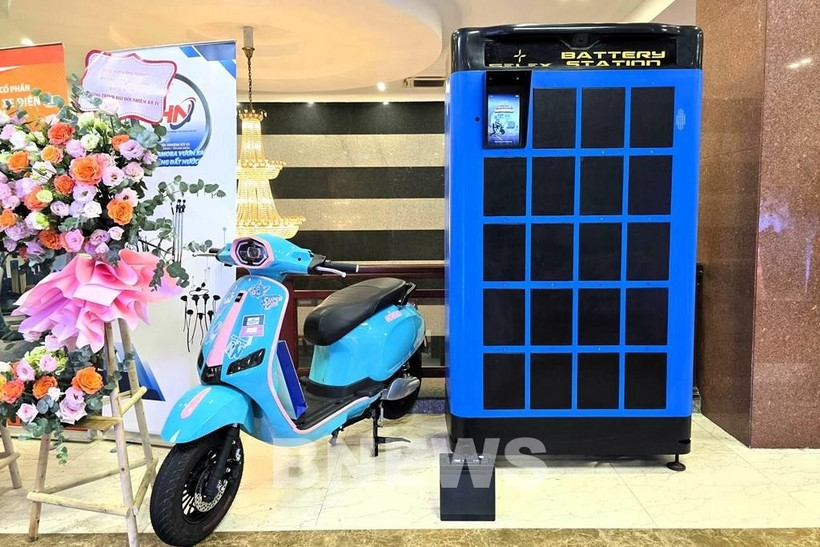Association urges development of open EV charging network
The Vietnam Automobile, Motorcycle and Bicycle Association (VAMOBA) has called on the government to promote the development of an open electric vehicle (EV) charging network as part of the country’s broader drive toward green transition and its Net Zero 2050 target.

VAMOBA Chairman Pham Cuong said, in recent years, Vietnam has introduced multiple policies promoting e-mobility, encouraging major corporations to invest in charging networks. Large-scale projects such as V-Green, owned by billionaire Pham Nhat Vuong, which has installed thousands of charging stations nationwide, and the PVOIL–PV Power partnership integrating chargers into fuel stations, along with efforts by TMT Motors, Dat Bike, and EBOOST, have expanded the country’s EV charging landscape.
While these developments are promising, VAMOBA warned that many charging systems currently serve only vehicles of the same brand, limiting access for other users and potentially creating monopolistic control over charging infrastructure. This can disadvantage small and medium-sized enterprises (SMEs), particularly domestic ones, and reduce consumer choice.
VAMOBA emphasised that EV charging infrastructure is a strategic public asset linked to national energy security and the sustainable growth of the domestic EV industry. A closed ecosystem, the association cautioned, could make the market dependent on a few large corporations and hinder the development of local supporting industries.
Conversely, building an open and interoperable charging system with common standards and transparent usage mechanisms will help foster healthy competition, attract private investment, drive innovation, and protect consumer interests.
Drawing lessons from the EU, Japan, and the Republic of Korea (RoK), VAMOBA highlighted three key factors for successful EV adoption: shared charging standards, open infrastructure, and transparent governance.
The association has urged the government to develop a national framework governing technical standards and legal requirements for open charging systems. It also recommended the creation of a unified national charging standard and connection protocol that would allow any vehicle meeting technical requirements to use public chargers, regardless of brand.
In addition, the association suggested adopting transparent pricing, anti-monopoly measures, and clear mechanisms for data sharing and oversight.
VAMOBA further proposed that domestic enterprises be given policy incentives such as favourable access to land, tax relief, and concessional loans to encourage their participation in building open charging infrastructure.
The association reaffirmed its readiness to collaborate with the Government in policy development, provide technical expertise, and represent the views of its member companies to support the effective rollout of Vietnam’s EV infrastructure strategy.



